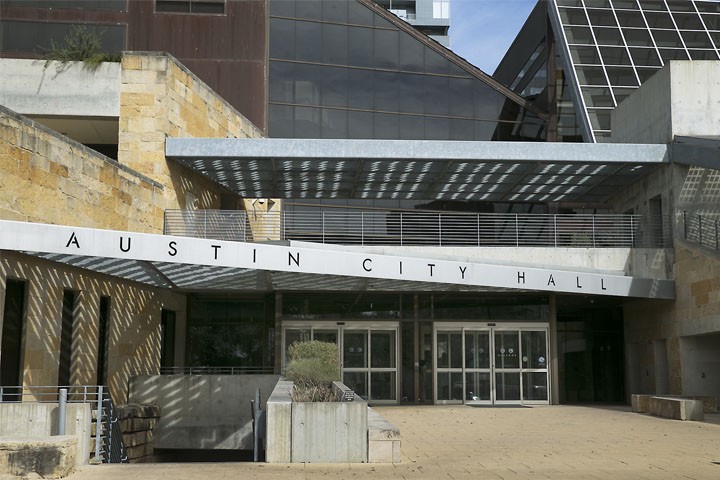opinion
Austin’s Short-Term Rental Rules: Because Nothing Says ‘Order’ Like a Two-Year Wait
Austin City Council finally cracks down on short-term rentals—or at least, they will in 2026. Until then, enjoy the chaos.

By Chad Evans
Published September 15, 2025 at 5:29pm

In a stunning display of bureaucratic efficiency—or what passes for it in Austin—the City Council has finally decided to regulate short-term rentals with the same enthusiasm as a homeowner’s association policing lawn ornaments. After years of lawsuits, unenforced rules, and the kind of regulatory chaos usually reserved for cryptocurrency exchanges, our fearless leaders have emerged with a new ordinance that, shockingly, might actually do something.
Under the new rules, platforms like Airbnb and VRBO must now require a city license number in each listing, because nothing says "trustworthy" like a government-issued digit string. They’ll also have to provide quarterly documentation of hotel occupancy taxes, because nothing excites tech bros more than paperwork. And if a rental isn’t licensed? The city can now demand it be de-listed, which is basically the municipal equivalent of swiping left on an entire property.
But wait, there’s more! The ordinance also introduces a revolutionary concept: you can’t have too many short-term rentals clustered together. That’s right, folks, Austin has discovered zoning. Individual hosts must now keep their rentals at least 1,000 feet apart, because nothing ruins a neighborhood like a block full of bachelor parties and bachelorette squads. Meanwhile, apartment complexes can dedicate up to 10% of their units to short-term rentals, because who needs affordable housing when you can have a revolving door of tourists?
Of course, none of this takes effect until 2026, because why solve a problem today when you can kick it down the road like a half-empty White Claw can at Zilker Park? The city plans to use the next year to launch an online licensing portal, which will undoubtedly be as user-friendly as the DMV’s website. They’re also signing a data-scraping contract to identify unlicensed listings, because if there’s one thing Austin loves, it’s outsourcing its problems to tech companies.
Neighborhood groups, ever the optimists, pushed for even stricter rules, like geographic caps. But the Council, in a rare moment of self-awareness, shot that down, citing "legal risk" and "fairness concerns"—or, in other words, "we don’t want to get sued again." Because let’s be real, Austin’s track record with short-term rental regulations is about as successful as a SXSW panel on blockchain.
Council Member Ryan Alter, who apparently has the patience of a saint (or a masochist), says the new rules have industry support. Translation: Airbnb and VRBO have grudgingly accepted this as the least terrible option. Alter also hopes future changes will make licenses cheaper and more accessible, because nothing says "local economy" like letting your neighbor turn their garage into a $200-a-night "tiny home experience."
So there you have it, Austin. After years of chaos, we’ve arrived at a solution that’s… fine. Not great, not terrible, just fine. But hey, at least now when your Airbnb neighbor throws a 3 a.m. rager, you can report them with the full weight of city bureaucracy behind you. Progress, baby. Progress.

